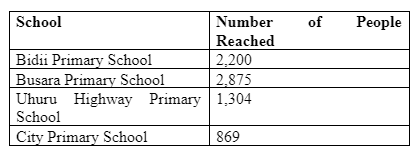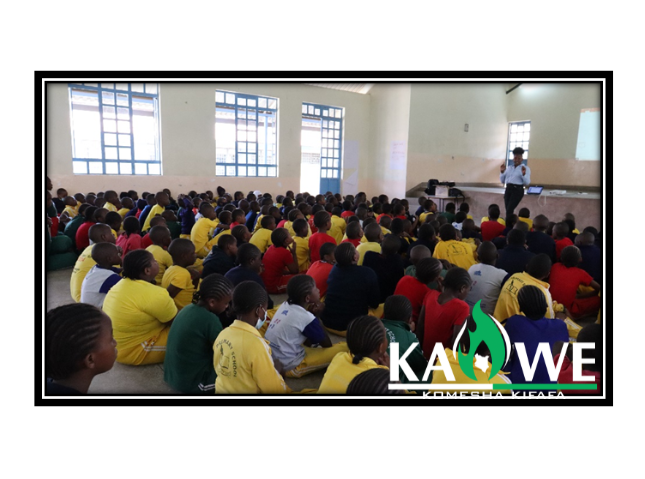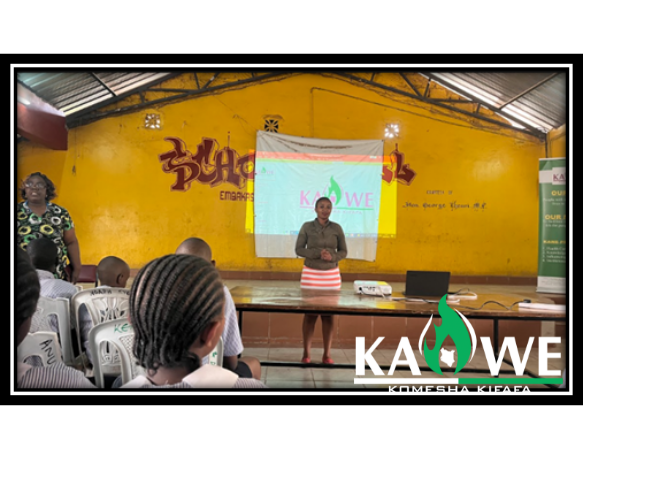Today, October 5th, on World Teacher’s Day, we hear from our Kenyan Chapter on their efforts to work with educators to reduce epilepsy in schools.
Report by Keziah Njoroge, KAWE, The Kenya Association for the Welfare of People with Epilepsy.
Stigmatization is a social phenomenon leading to the side-lining of a specific member or a group in the community.
Lack of epilepsy knowledge and management in the school set up is a major factor contributing to students, pupils, and teachers facing stigma and discrimination.
In addition, stigma is so heavy in Kenya as a country, and therefore the laws and policies in the schools set up need to be addressed to achieve this, and there needs to be a collaboration between the epilepsy advocates and the policymakers. So much needs to be done in the form of awareness and reducing the knowledge gap.
Schools are a good place to start because this is where we see so much stigma. We have cases where students are dismissed from school or sent to the special care units/ schools for having convulsions in schools in which the teachers and the students do not understand the causes or the first aid measures.
Targeting the school leaders and policymakers at the school board level is our aim so that we can be able to co-develop a strategy to support students in the local community.
 So far, we have been able to hold a conference for Headteachers representing 15 schools in Nairobi County. We educated the teachers on epilepsy management, first aid precautions, and demystifying myths and misconception revolving around epilepsy.
So far, we have been able to hold a conference for Headteachers representing 15 schools in Nairobi County. We educated the teachers on epilepsy management, first aid precautions, and demystifying myths and misconception revolving around epilepsy.
We are in the process of visiting the schools represented to also sensitize the rest of the teachers and the students because we believe that the information is also important to them and the more people we reach, the more we reduce the information gap and epilepsy related stigma.




